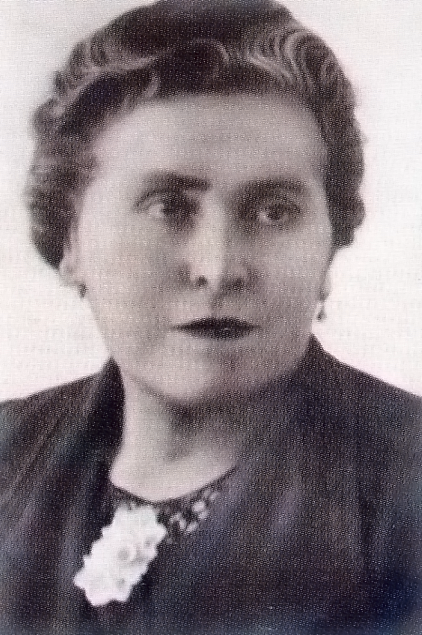María Angélica Idrobo (July 29, 1890 – February 26, 1956) was a prominent Ecuadorian educator, writer, and pioneering women’s rights activist. Educated in Quito and further trained in Argentina and Uruguay, she excelled in pedagogy, founding notable institutions like Liceo Ariel, Fernández Madrid, and Simón Bolívar. Alongside Zoila Ugarte, Idrobo established the “Sociedad Feminista Luz de Pichincha,” advocating for women’s empowerment. She also created schools for women, significantly contributing to female education. Her literary work, including “Homenaje a las Madres,” reflects her deep commitment to social issues. Idrobo’s enduring legacy continues to inspire in Ecuador’s cultural and educational spheres.
Background
María Angélica Idrobo was an influential figure in Ecuadorian literature and a pioneering activist for women’s rights. Born in Otavalo, Ecuador, she dedicated her early years to teaching, quickly standing out in the field of primary education. Her academic journey led her to Quito, where she studied at the Normal Femenino on a scholarship, training generations of teachers. Further enhancing her educational expertise, Idrobo received scholarships to study advanced teaching techniques and pedagogy in Argentina and Uruguay.
Her contributions to Ecuadorian education are noteworthy. She founded several important educational institutions, including Liceo Ariel in Guayaquil, Fernández Madrid, and Simón Bolívar. Beyond her educational pursuits, Idrobo was a fervent advocate for women’s rights. Alongside her colleague Zoila Ugarte, she founded the “Sociedad Feminista Luz de Pichincha,” a society dedicated to advancing women’s causes. Additionally, she established popular schools for women, furthering her commitment to female empowerment and education.
As an author, María Angélica Idrobo’s works reflected her dedication to social causes, with notable works including “Homenaje a las Madres” (Homage to Mothers). Her literary and activist endeavors left a lasting impact on Ecuadorian society, making her a celebrated figure in the nation’s cultural and educational history. Her passing in Quito on February 26, 1956, marked the end of an era, but her legacy continues to inspire generations in Ecuador.
Works
Homenaje a la Madre (1934)

